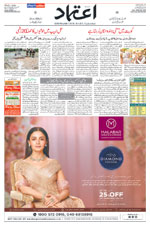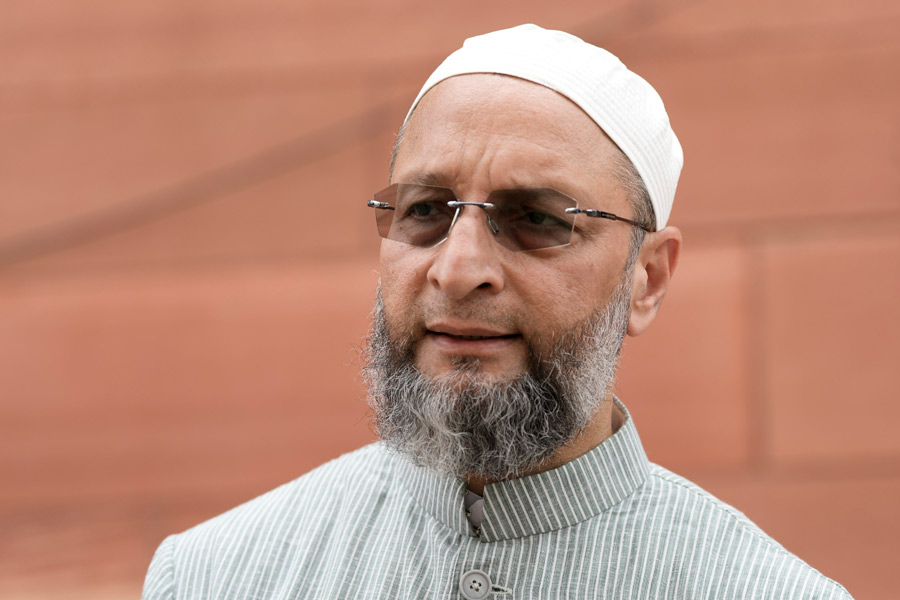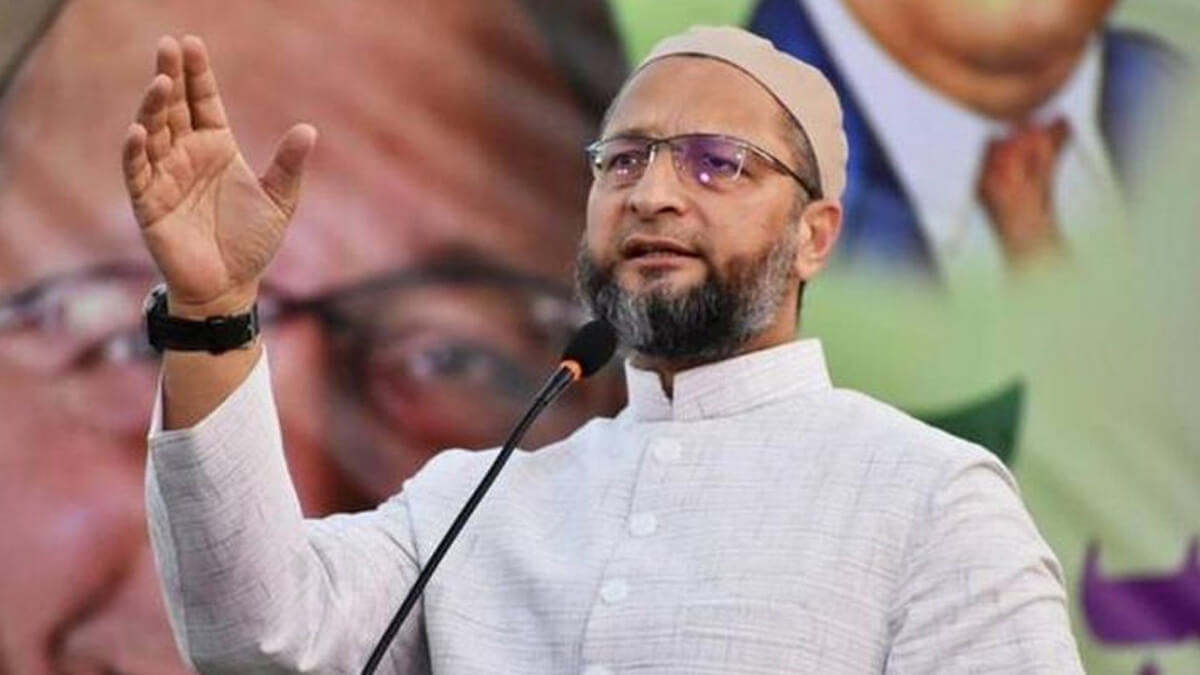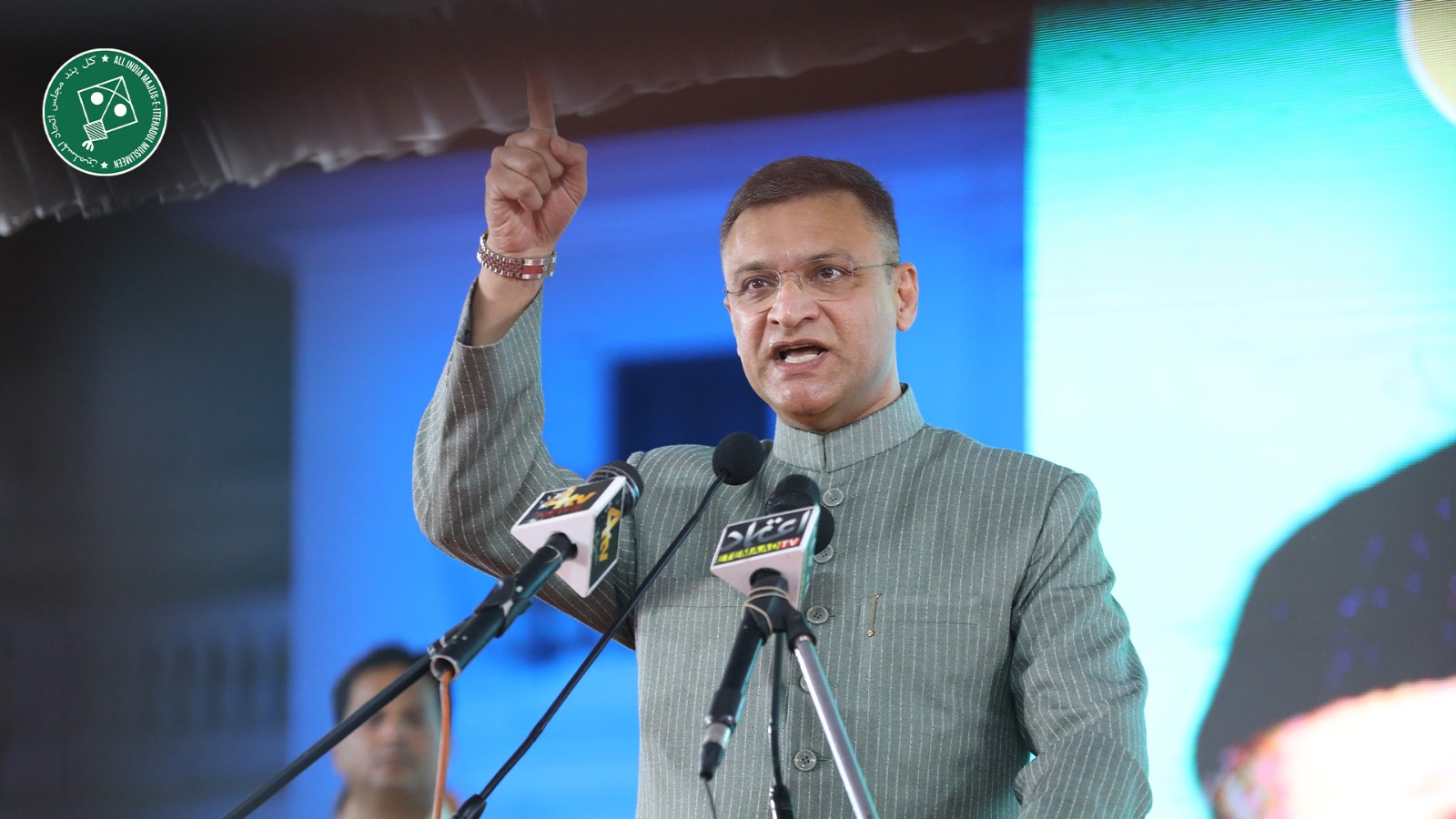Maharashtra poll result 2019: BJP, Sena win amid Cong-NCP resurgence
Thu 24 Oct 2019, 17:33:29
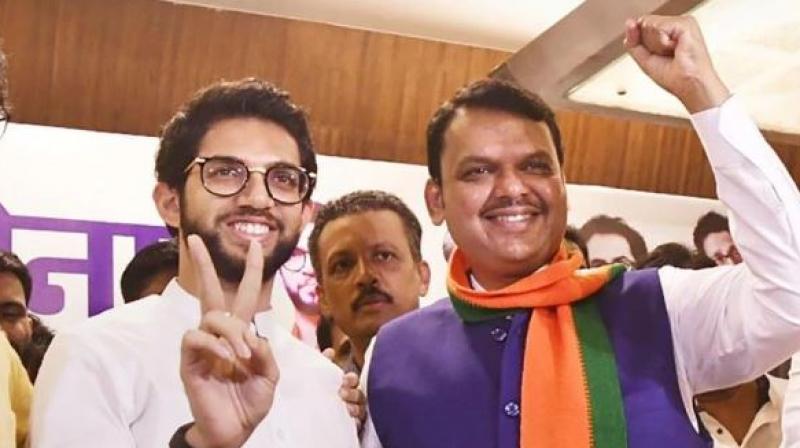
Mumbai: The Bharatiya Janata Party has retained Maharashtra with ally Shiv Sena but its performance has been a downer at the face of a resurgent Congress-Nationalist Congress Party Opposition.
The ruling alliance has got over 160 seats in the 288-member Assembly. As per the Election Commission, the BJP was leading in 99 seats, which is below the 122 it secured in 2014. The Shiv Sena bagged 57 seats, Congress 44 and the National Congress Party 54 .
Sensing its upper hand over 'big brother' BJP, the Shiv Sena has demanded a ’50:50 formula’ in the power set-up.
However, the Opposition alliance has bagged nearly 100 seats and NCP with 57 seats has emerged the 'big brother' in this equation.
In the 2014 elections, the BJP, Shiv Sena, Congress and NCP won 122, 63, 42 and 41 seats respectively.
The BJP’s not-so-good performance had various factors which are as follows:
Maratha reservation: There was a sentiment of distrust towards the Fadnavis-led BJP government which had proposed 16 per cent reservation for Marathas in government jobs and education.
Tiff over seat-sharing: Ahead of the polls, 26 Shiv Sena corporators and around 300 party workers sent their resignations to party chief Uddhav
Thackeray over the seat-sharing in Mumbai. BJP candidates in these Sena strongholds didn’t get the desired votes.
Thackeray over the seat-sharing in Mumbai. BJP candidates in these Sena strongholds didn’t get the desired votes.
Abrogation of Article 370 did not work: The Maharasthra elections were held exactly 10 weeks after Kashmir was stripped of its special status. This was a major poll pitch for Narendra Modi and Union Home Minister Amit Shah. Along with this, other broad national issues too failed to get the BJP votes. The Congress-NCP, however, stuck to local issues in their campaigns.
The rise in prices of onion and fuel, joblessness, loss of farm produce due to floods, and the general impacts of a slowing economy were issues the Opposition highlighted during elections.
Chief Minister Devendra Fadnavis is leading the ruling combine along with Shiv Sena debutant Aaditya Thackeray. He is also seen as a contender for the post of deputy CM. Aaditya was pitted against Bahujan Republican Socialist Party’s (BRSP) Suresh Mane, who was contesting on a NCP ticket from Worli seat.
Key poll issues for the BJP included the abrogation of Article 370 in Kashmir, while the opposition was attempting to bring back the focus on local issues like drought, floods and economic slowdown.
The state had total 8,98,39,600 voters, including 1,06,76,013 in the age group of 18 to 25 years.
No Comments For This Post, Be first to write a Comment.
Most viewed from National
Most viewed from World
AIMIM News
Owaisi hails SC order on Places of Worship Act
Dec 13, 2024
AAP Corporator Tahir Hussain joins AIMIM party
Dec 11, 2024
BJP-SP two sides of same coin: Asaduddin Owaisi
Nov 19, 2024
Latest Urdu News
Most Viewed
May 26, 2020
Do you think AAP will perform better in Delhi polls without alliance?
Latest Videos View All
Like Us
Home
About Us
Advertise With Us
All Polls
Epaper Archives
Privacy Policy
Contact Us
Download Etemaad App
© 2024 Etemaad Daily News, All Rights Reserved.

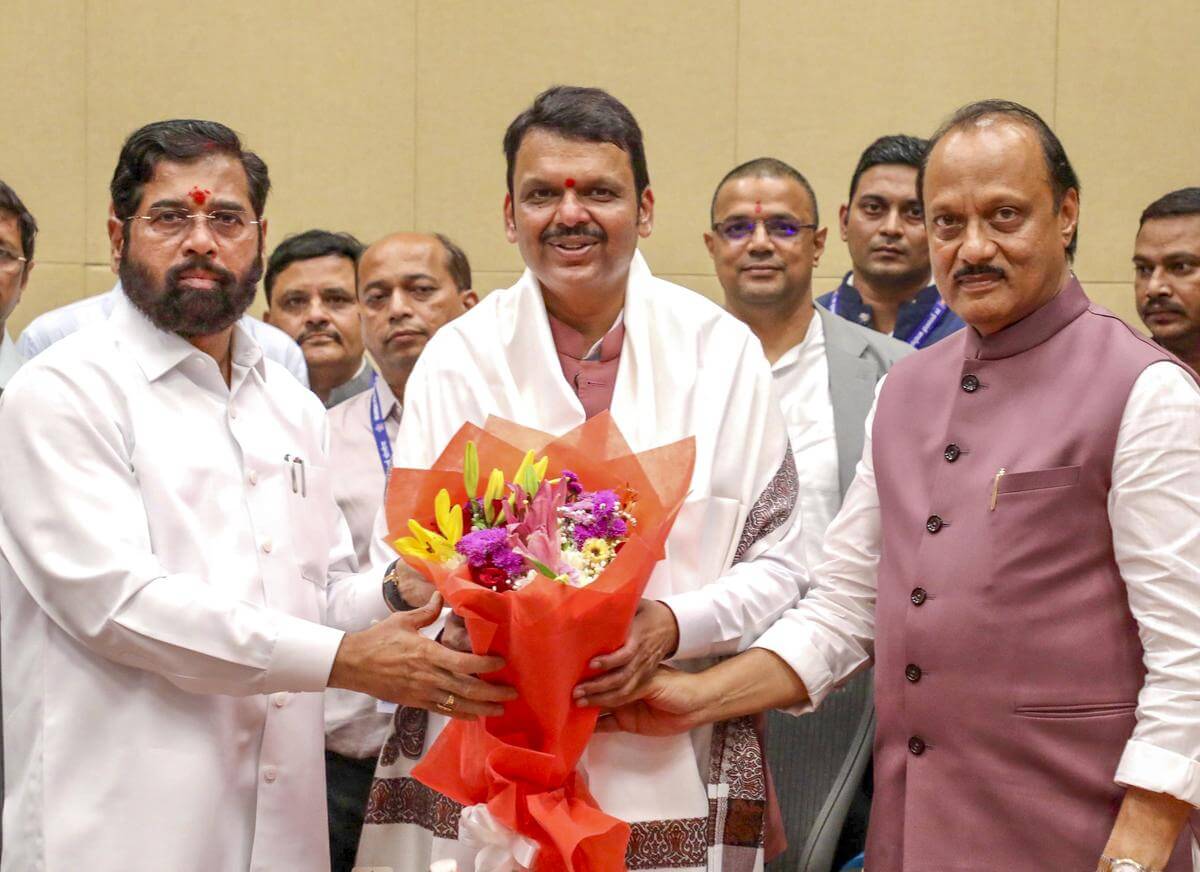
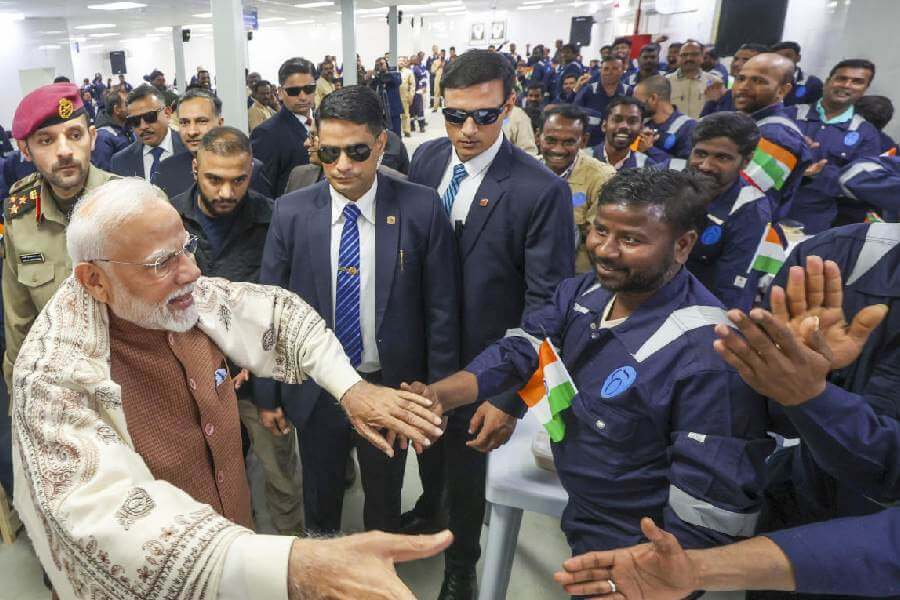
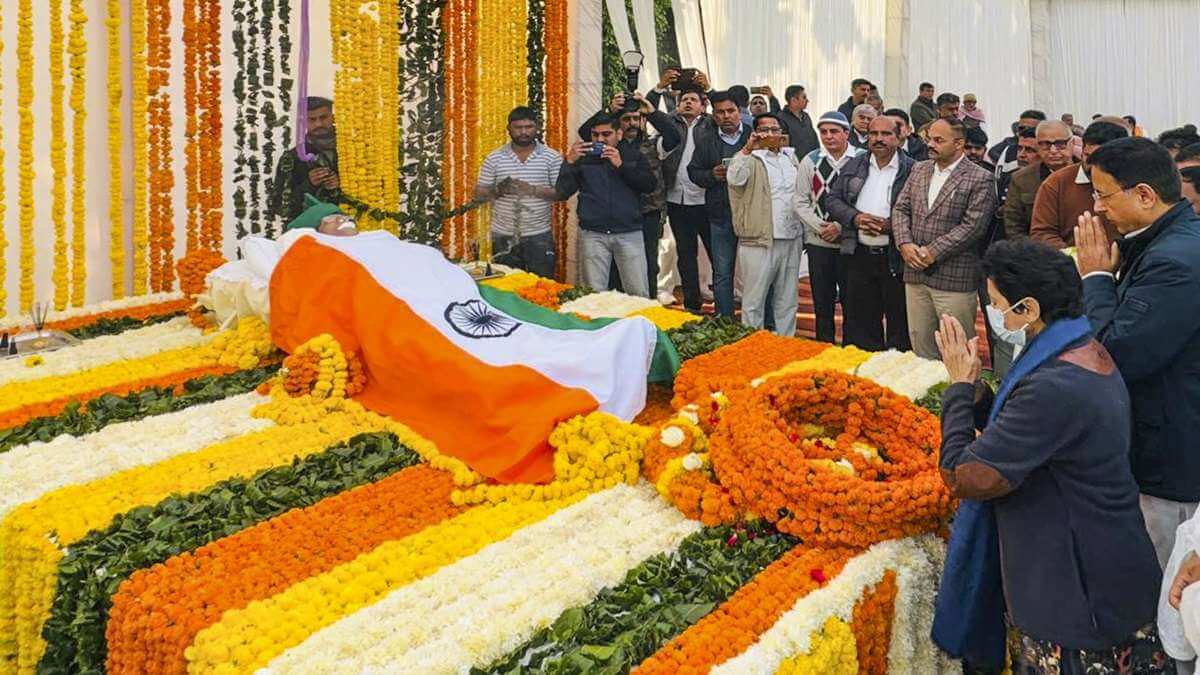
.jpg)
.jpg)
.jpg)
.jpg)
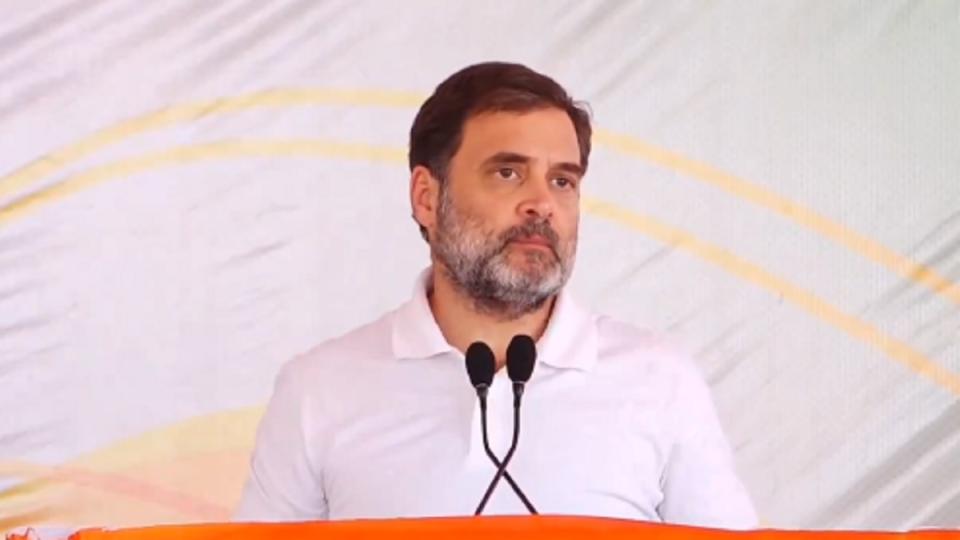
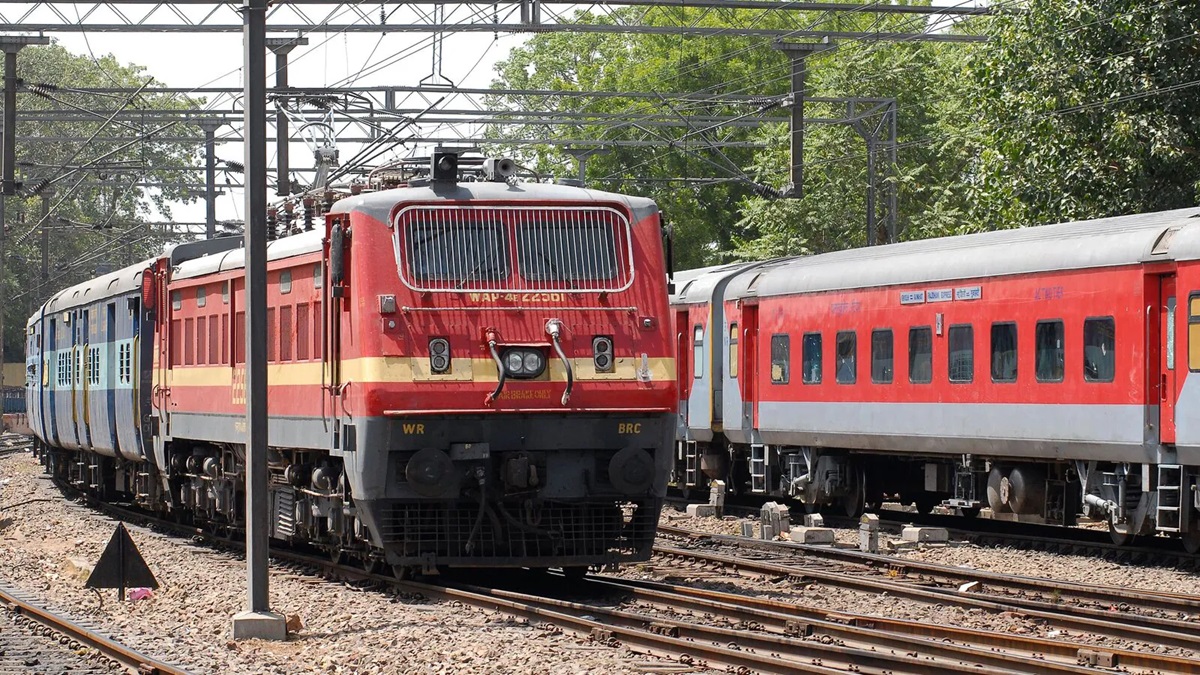
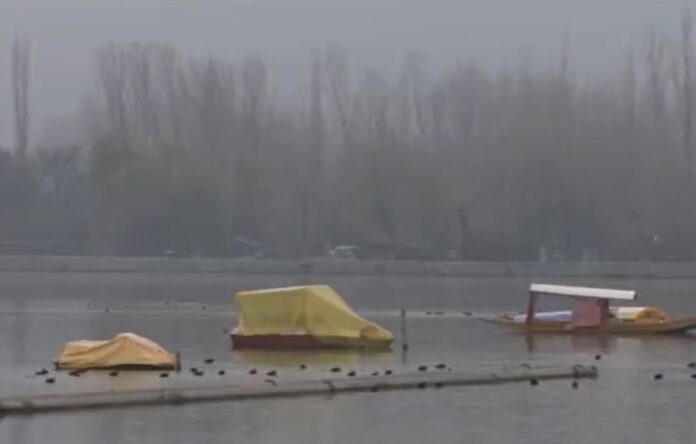
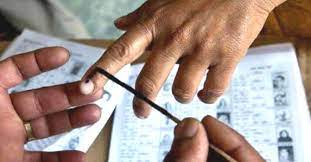
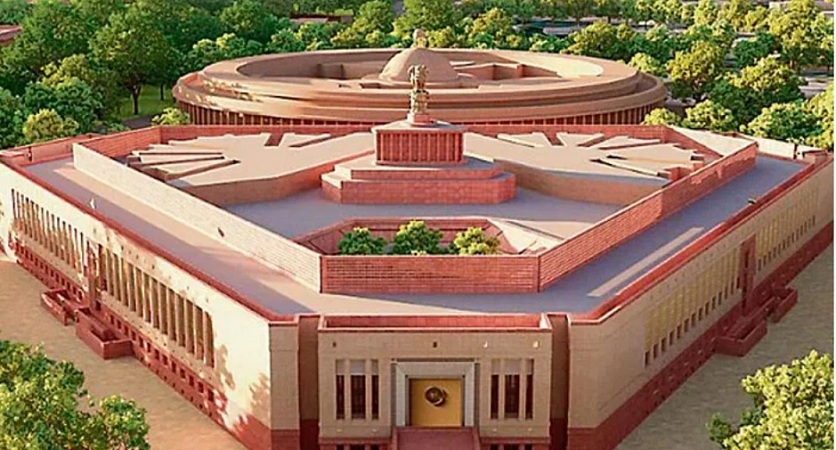
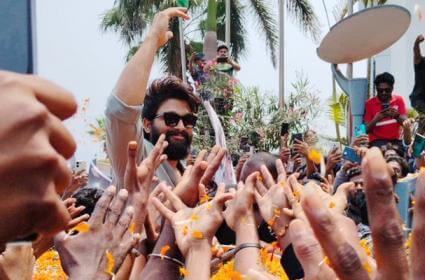
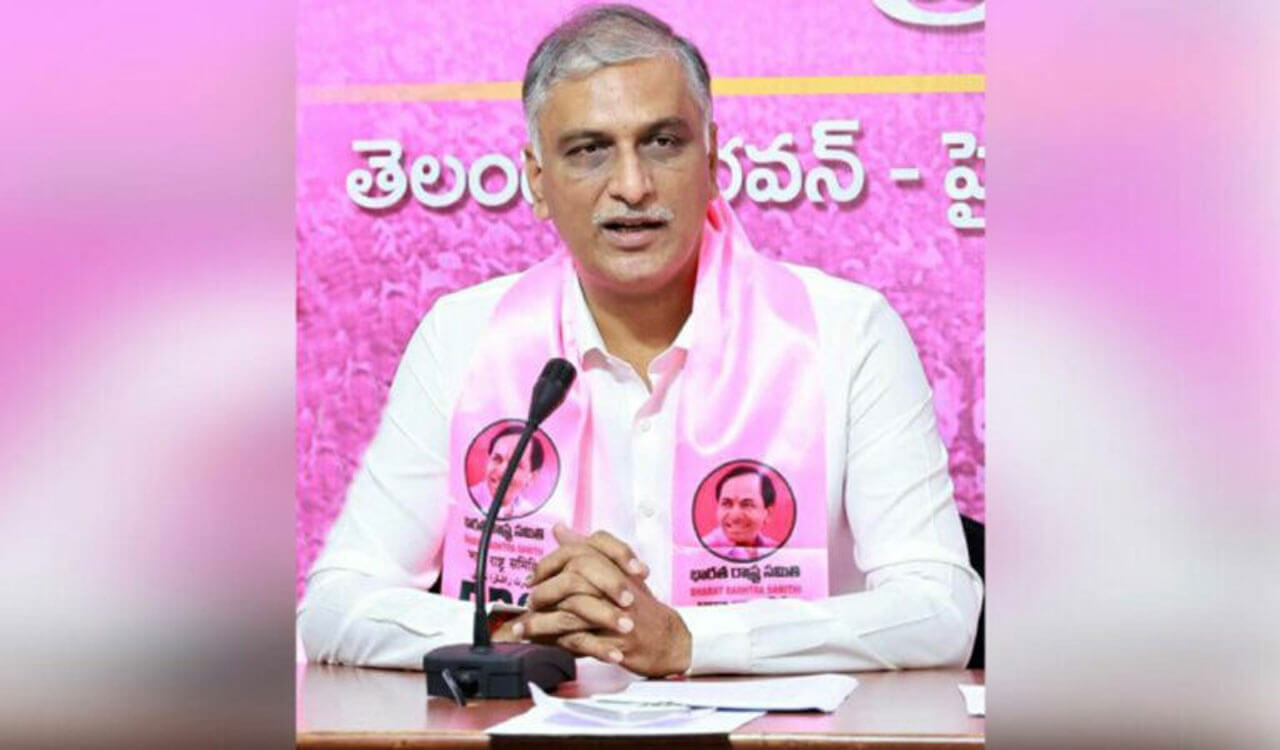
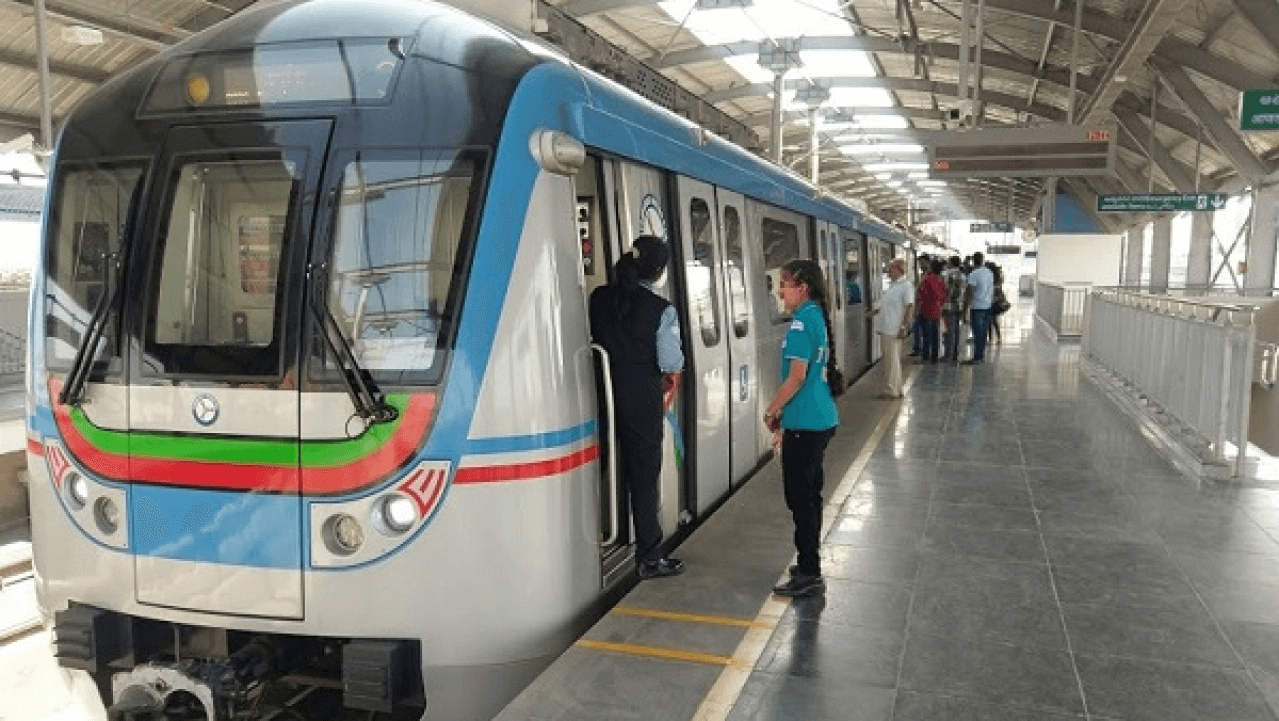
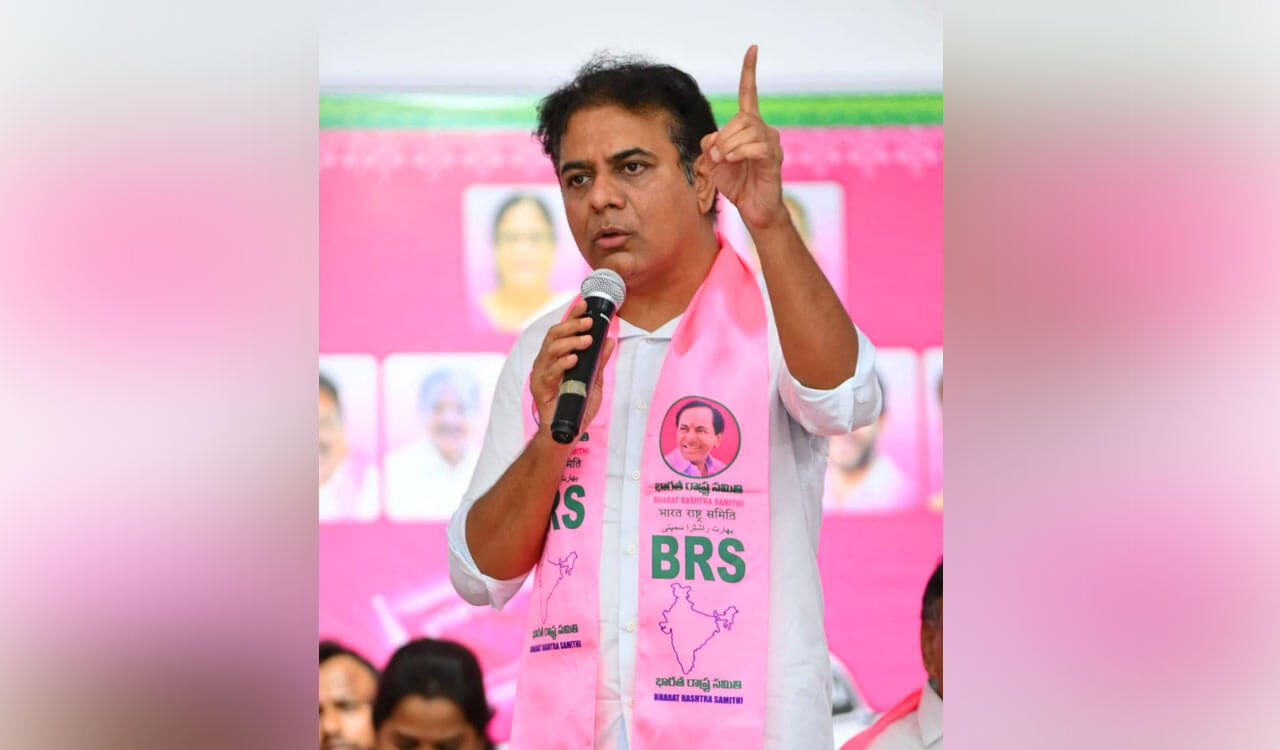
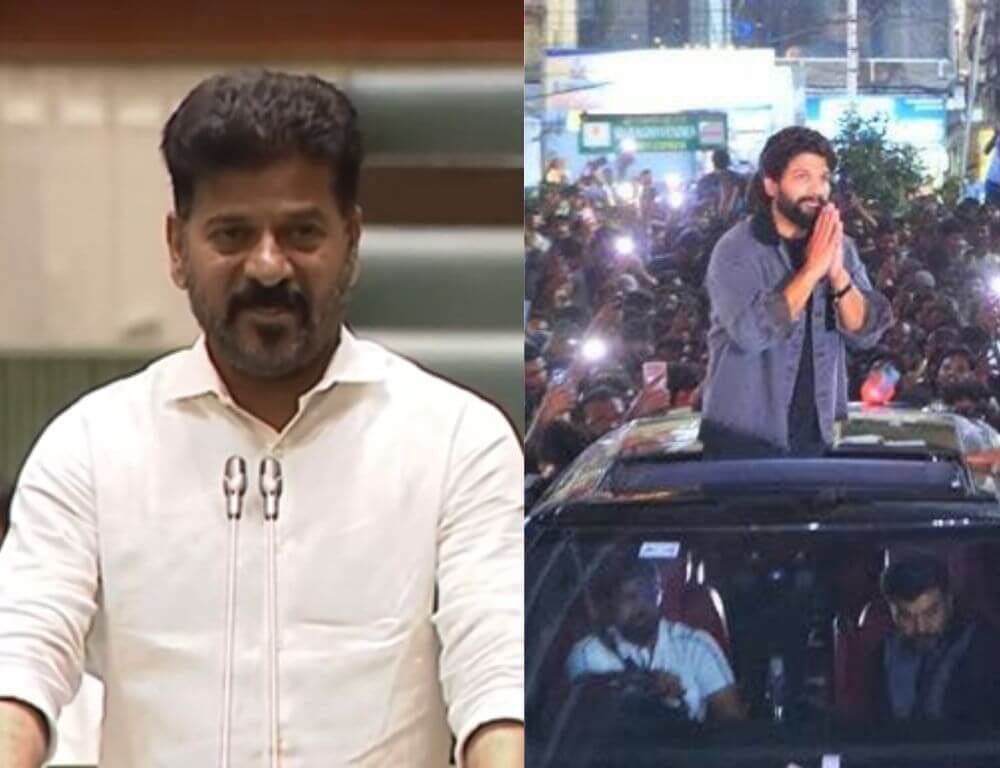
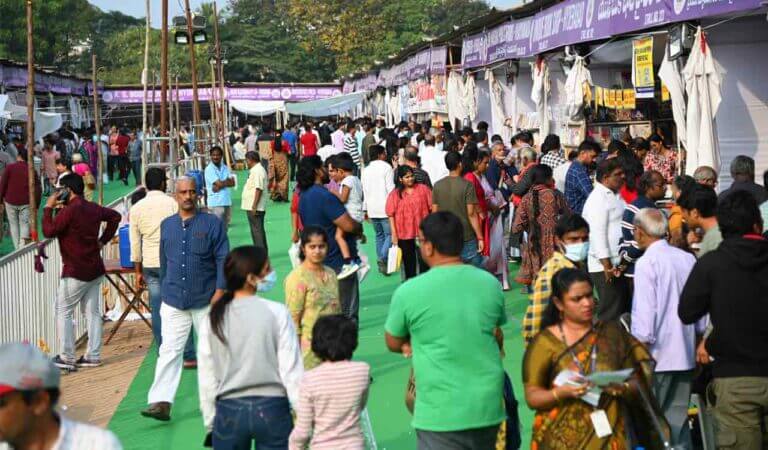
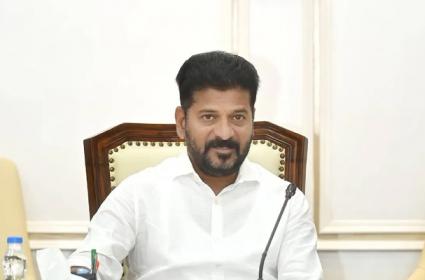
.jpg)
.jpg)
.jpg)
.jpg)
.jpg)

